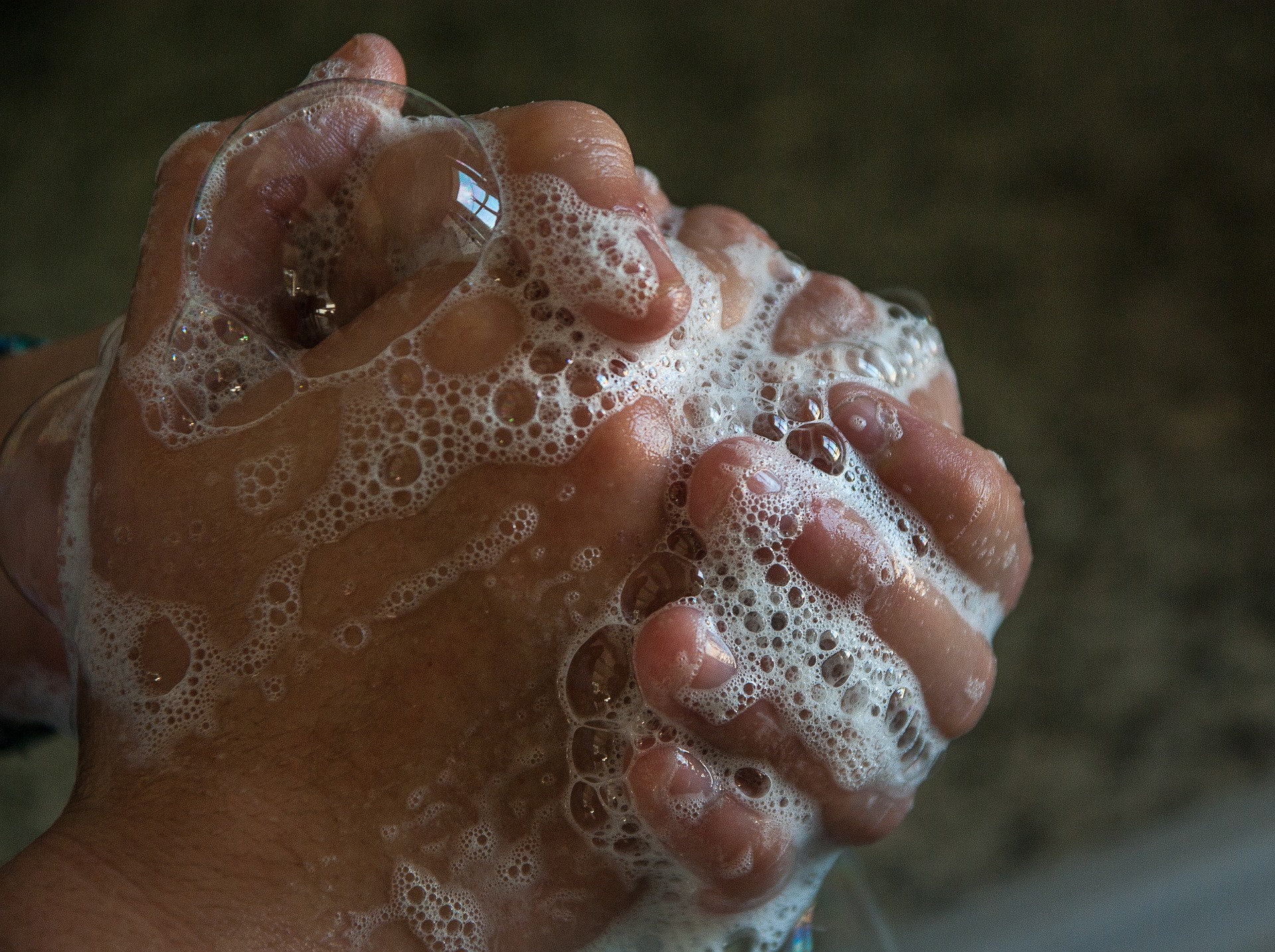
For the first time, researchers can show that a severe type of bacteria developed resistance to disinfectants over a few years.
It has become ever more common to spot hand sanitizer in public restrooms. The hand sanitizer is the gel – often alcohol-based – used to decrease infectious agents on the hands.
Alcohol-based disinfectants are generally more effective at killing microorganisms than simply using soap and water that merely aim to wash away the microorganisms rather them kill them. These disinfectants are therefore preferable to hand washing with soap and water in most situations in healthcare settings especially. They are a key way may hospitals control infections all around the world.
Now, for the first time, Australian scientists have seen that a particular kind of bacteria is able to evolve to survive and resist the disinfectants.
They have investigated a bacterium called enterococci that are common in the intestines. This bacterial strain is especially difficult because it is also resistant to antibiotics, a strain named Vancomycin-resistant Enterococcus (VRE).
In many cases, VRE infections are hard to treat because the bacteria are already resistant to other classes of antibiotics. As a result, hospitals in Australia and around the globe have implemented strict hand-washing procedures to protect themselves and patients against the bugs. Hand rubs and washing containing isopropyl and ethyl alcohol disinfectants are commonly used.
The researchers have looked at strains of bacteria for an 18-year period and noticed how this particular strain of resistant enterococci has developed in the past years to resist disinfectants. They analyzed 139 enterococcus samples from two hospitals between 1997 and 2015 to examine how bugs were affected by isopropyl exposure. Interestingly, researchers found samples collected after 2009 were more tolerant to disinfectant that samples collected earlier.
The researchers are yet to establish how the bacteria has managed this feat. The bacteria may have become more tolerant to acid and therefore survive better in our intestines. It is thus not given that it is the disinfectant itself that has caused the bacterium to change behavior.
The results, published in the Science Translational Medicine Journal, explained that scientists made the discovery after testing bacterial samples over a period of 19 years.
Reference:
Sacha J. Pidot et al., Increasing tolerance of hospital Enterococcus faecium to handwash alcohols “Sci. Transl. Med. 10, eaar6115, August 1, 2018 DOI: 10.1126/scitranslmed.aar6115

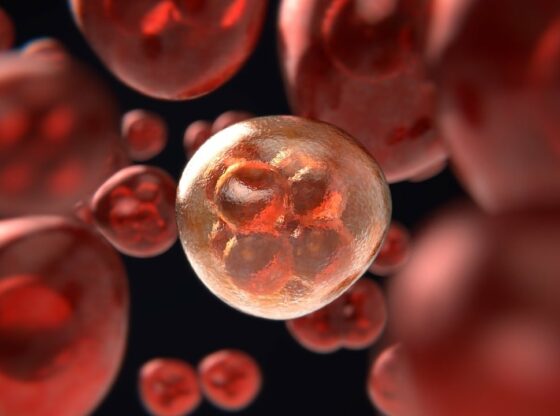


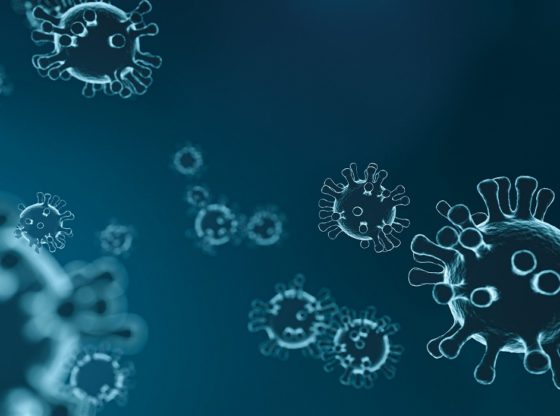
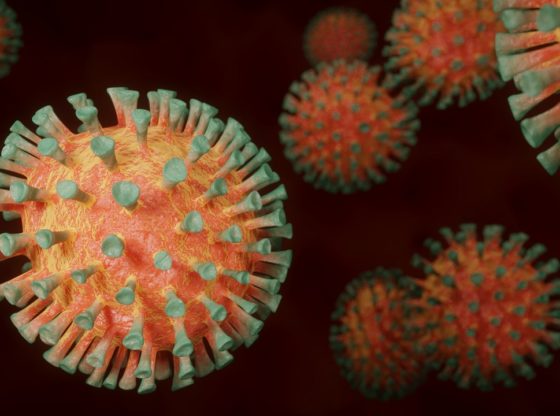
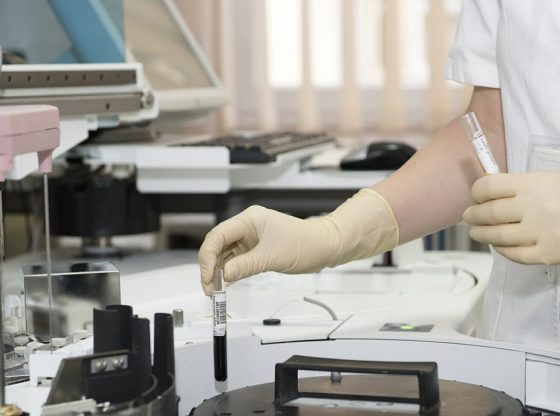
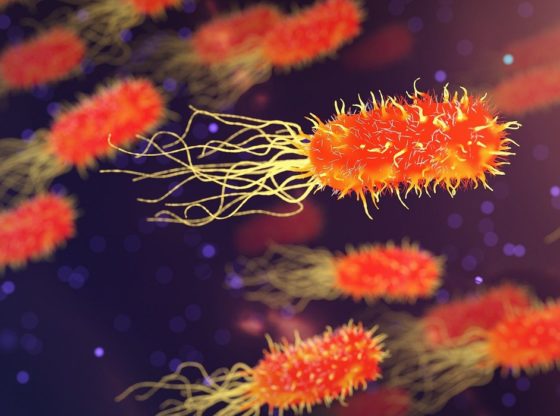
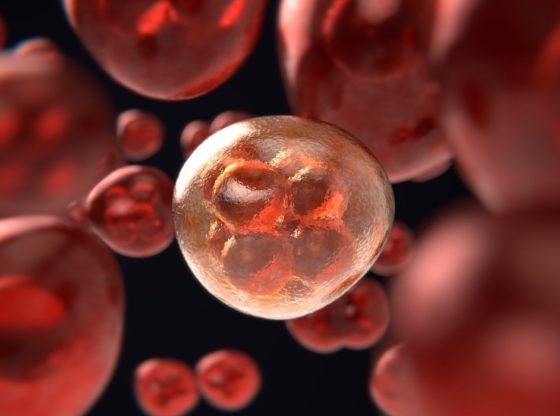


![OpenAI. (2025). ChatGPT [Large language model]. https://chatgpt.com](https://www.illustratedcuriosity.com/files/media/55136/b1b0b614-5b72-486c-901d-ff244549d67a-350x260.webp)
![OpenAI. (2025). ChatGPT [Large language model]. https://chatgpt.com](https://www.illustratedcuriosity.com/files/media/55124/79bc18fa-f616-4951-856f-cc724ad5d497-350x260.webp)
![OpenAI. (2025). ChatGPT [Large language model]. https://chatgpt.com](https://www.illustratedcuriosity.com/files/media/55099/2638a982-b4de-4913-8a1c-1479df352bf3-350x260.webp)








